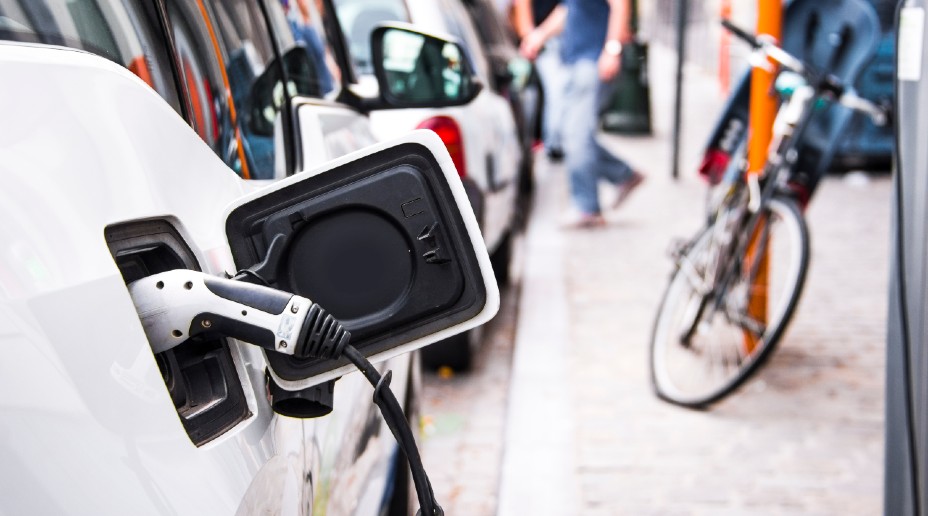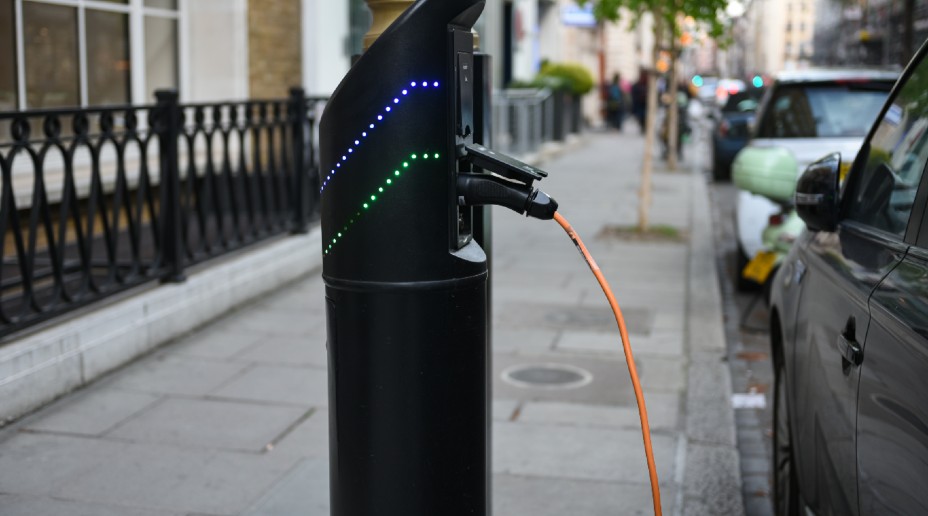With fewer than 10 years to go, time is of the essence as fleet managers may have believed that this change was further down the line. By setting the target, the UK is looking to take the lead and is set to be the fastest G7 member to stop vehicle emissions being released from cars and vans. To aide this the Government is also making a £1.8 billion investment to improve infrastructure, including a boost in charging points, and to develop more green car technology.
So, car owners, and in particular fleet managers, who make the country’s biggest vehicle-buying and usage decisions, have an important role to play. Fleet managers who continue to run vehicles powered by petrol and diesel have some big choices to make. Do they buy or lease? What manufacturers and models will be right for their business? What training considerations are there? What are the initial costs over long-term savings?
Despite this, many may already feel they have enough to manage; they’re busy re-engineering fleets as a result of the pandemic, which for some businesses would have reduced the frequency their fleets were in use. That said, we’re also seeing the economy opening up, with more people returning to workplaces, creating busier roads. We appreciate there’s a lot to think about.



